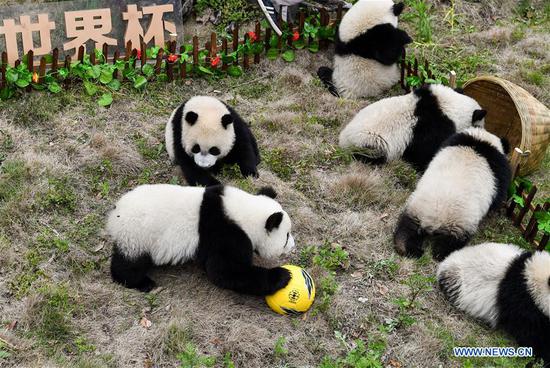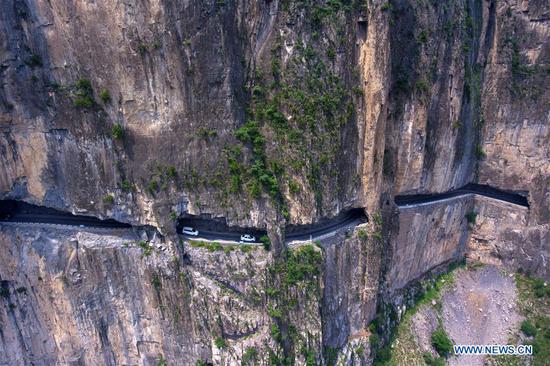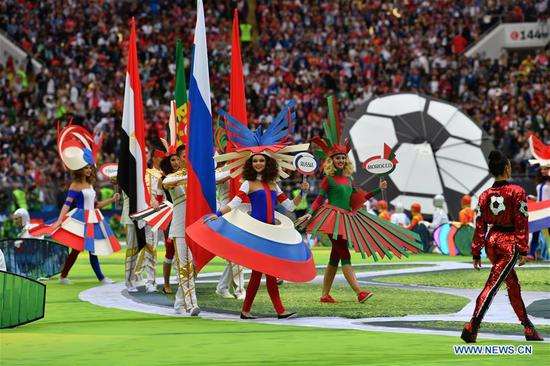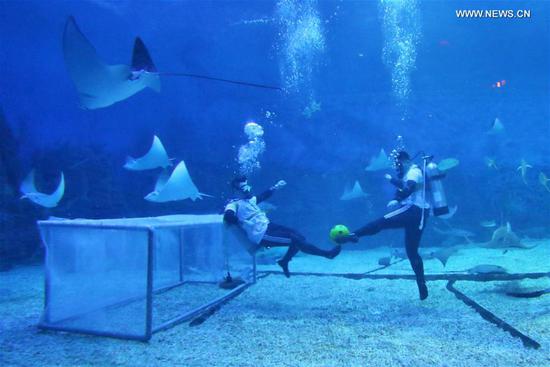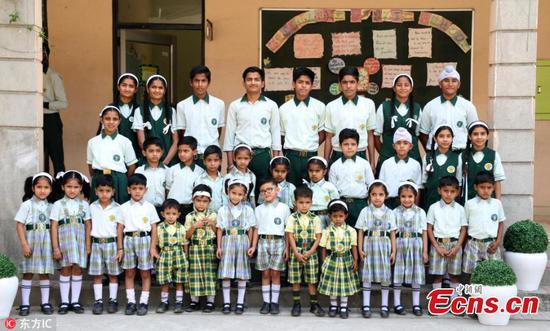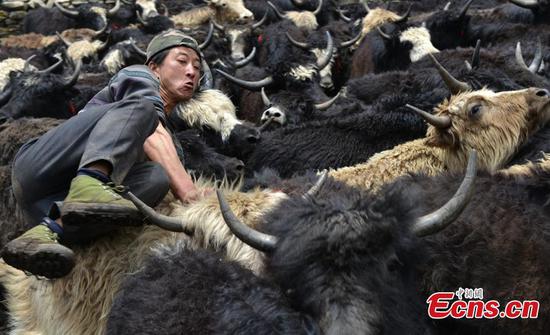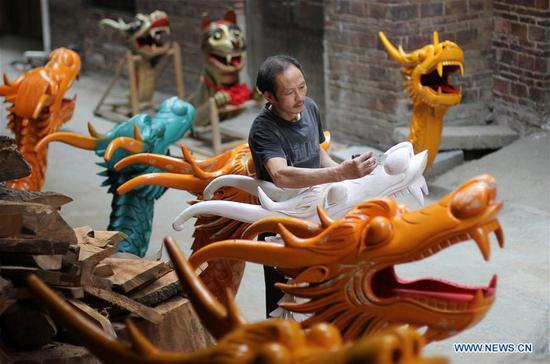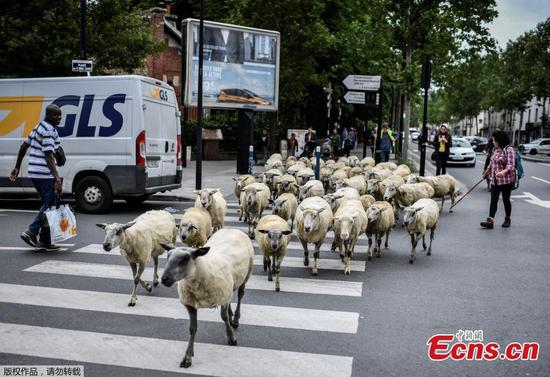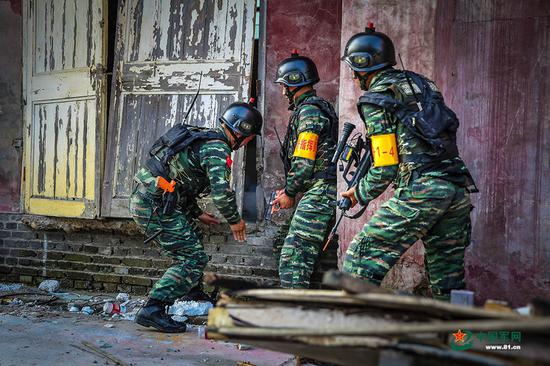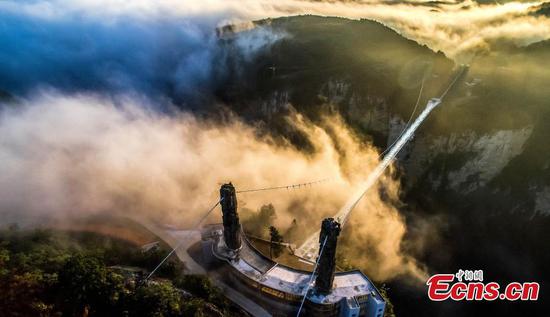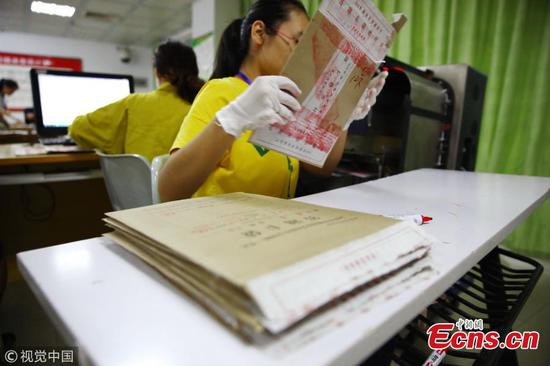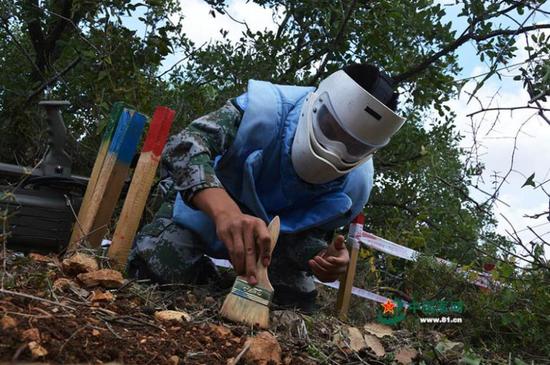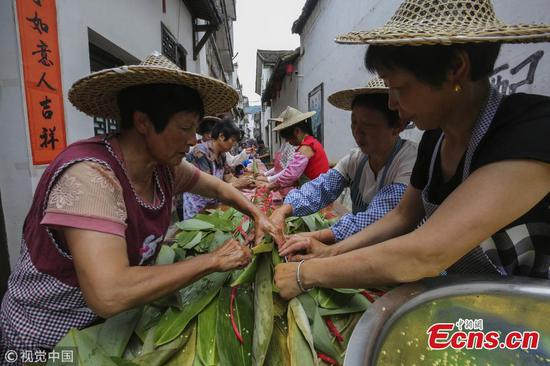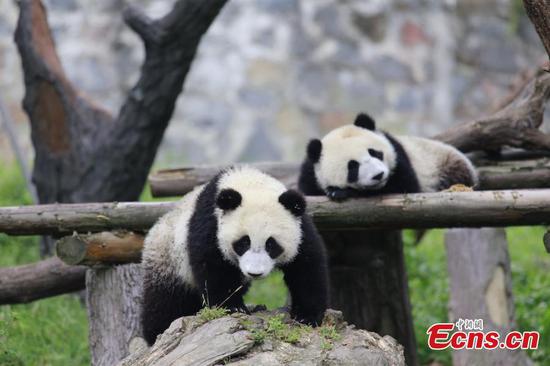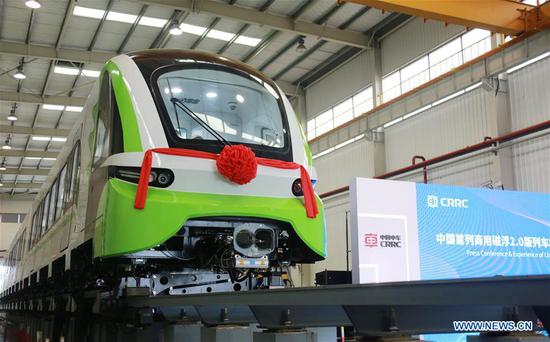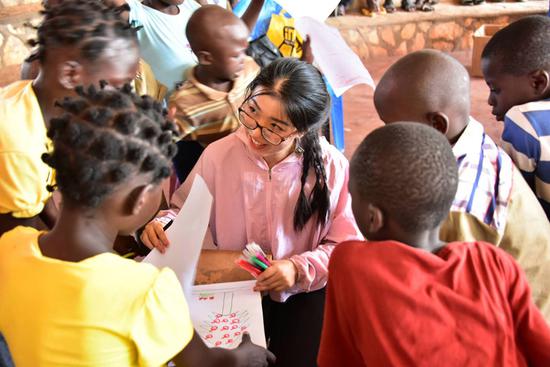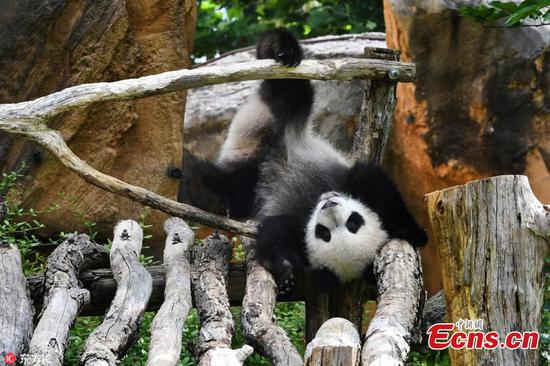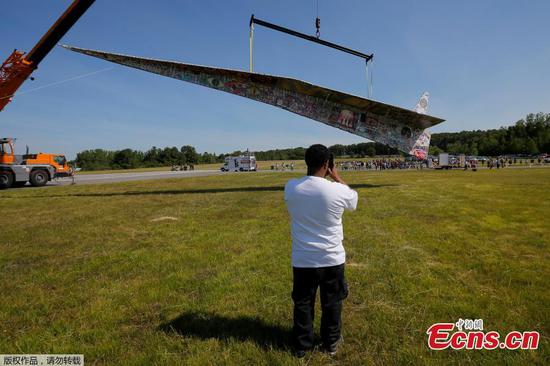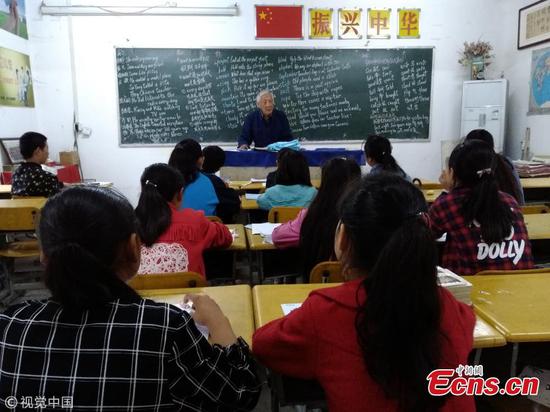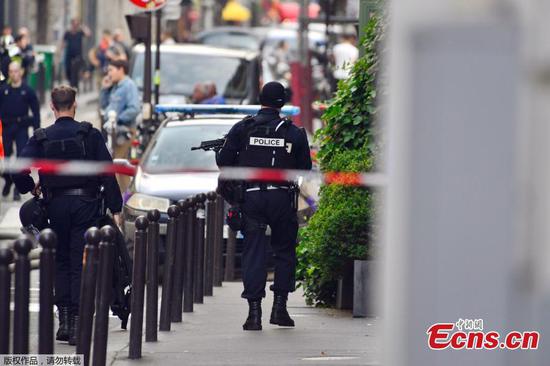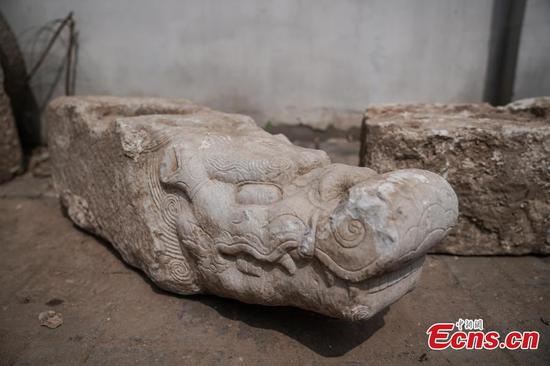The coastal city of Qingdao that recently hosted the Shanghai Cooperation Organization summit has transformed from a sleepy town in the 1980s to an urban center looked upon by foreigners as a hub to do business from. Tall buildings and prim facilities define the city that is now a shipping and production center.
Tour guide Sun Shuwei has been witness to this metamorphosis and looks back at those days wistfully, at the same time taking pride in Qingdao's development that attracts foreign delegations who arrive here to do business.
Thursday was another such day when the 52-year-old was busy planning for an upcoming visit of a group from abroad. "It seemed unimaginable in the early 80s, when foreigners here were as rare as aliens," he said.
"I remember once we saw a foreigner wearing bell-bottoms and people followed him in the street out of curiosity."
It began to change since 1984, when Qingdao was listed as one of the first coastal cities to open up to the outside world.
An increasing number of foreign companies have opened offices and factories in the city, which has made foreign faces a common sight.
As the city attracted more visitors, Sun opened the first studio in China to offer tourist guide services in 2004. The studio has received foreign delegations and prominent figures.
Qingdao has become more colorful, diverse and energetic, said Sun, who has been dubbed by media as "a living library of Qingdao."
Another witness to the change is Peter Tichauer, who is responsible for media at Qingdao's Sino-German Ecopark. Tichauer has been in China for over 13 years and is a former editor-in-chief of a German business magazine.
"The change is huge," said Tichauer, whose first impression of Chinese cities when he visited the country in 1984 is that they only had cabbages in winter. "But now, advanced technology is everywhere in Qingdao and the city seems to be more open and pioneering to technology than some European cities."
With cost advantages and policy support, Qingdao will attract more foreign investment as China furthers its opening-up policy, said Tichauer.
At the Conference on International Exchange of Professionals held in Shenzhen in April, Qingdao was named the fourth in the list of 10 most attractive cities for foreign talent, after Shanghai, Beijing and the eastern city of Hefei.
This is the seventh time Qingdao has been included in the list.
International events in the coastal city are the biggest draw for foreigners. On June 9 and 10, Qingdao hosted the 18th summit of the Shanghai Cooperation Organization (SCO), the world's most populous regional organization.
"Qingdao is a great place which provides a cultural backdrop to India and China," Indian reporter Manikandan Krishnamoorthy told the Global Times during the summit.
In AD412, Chinese Buddhist monk Fa Xian travelled to India and collected several books about Buddhism. The monk left Qingdao's Laoshan Mountain and came back to settle in Laoshan to translate those books into Chinese.
"So, as an Indian I feel Qingdao is a culturally connected place," said Krishnamoorthy. Hosting such events also brings more tourists to the city, which is another part of the city's opening up strategy, Cui Dezhi, head of Qingdao's tourism development committee, told the Global Times.
In 2017, over 88 million trips were made by overseas tourists to Qingdao. They spent 164 billion yuan ($25.6 billion) during those trips, said Cui.
Baring itself to the world
As a frontier of China's reform and opening-up policy, Qingdao is also taking the opportunity to enhance economic cooperation with countries in central and south Asia, and infrastructure is constantly being updated to support the change.
At the Jiaozhou train station, Global Times reporter saw hundreds of containers piled up to be loaded onto the freight train to Central Asia, Europe, South Korea, Mongolia and member states of the Association of Southeast Asian Nations.
The Qingdao-Central Asia freight train, normally with around 40 containers, takes around 10 days to arrive in destinations like Kazakhstan, a month shorter than previous marine routes.
Since its launch in 2015, the freight service has operated more than 3,000 times. Better connection and interaction also help locals understand Qingdao in a different way, Luan Kaili, a university student who worked as a volunteer at the SCO summit, told the Global Times.
"After participating in such events, I have a stronger sense of belonging to the city. The events improve the city's image and bring it global recognition, and I feel so proud," said Luan.









